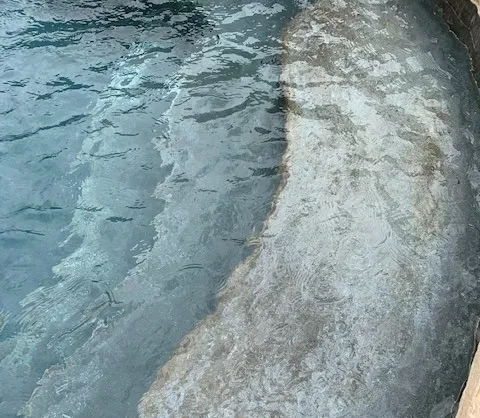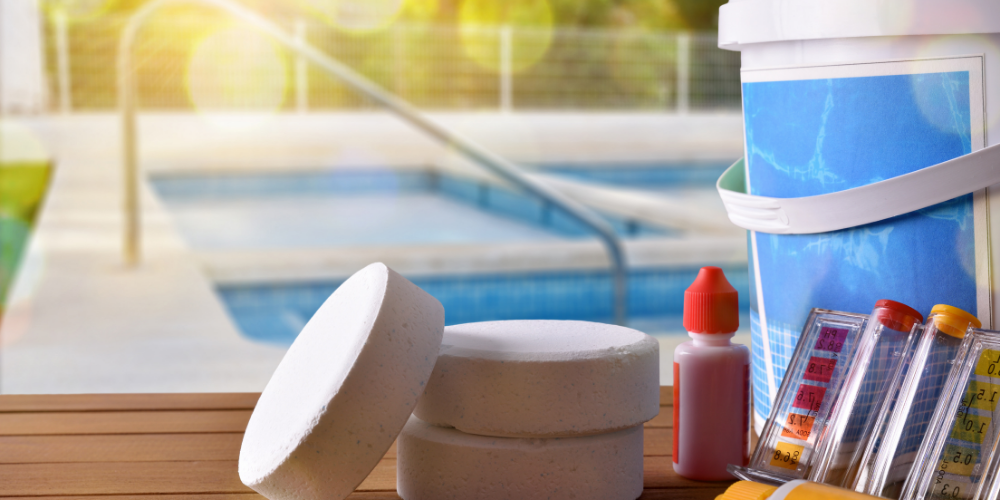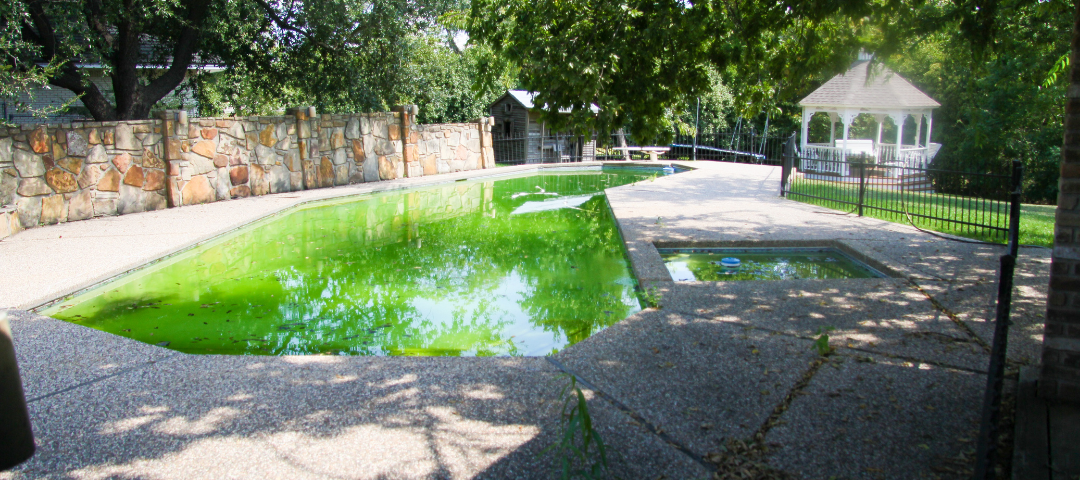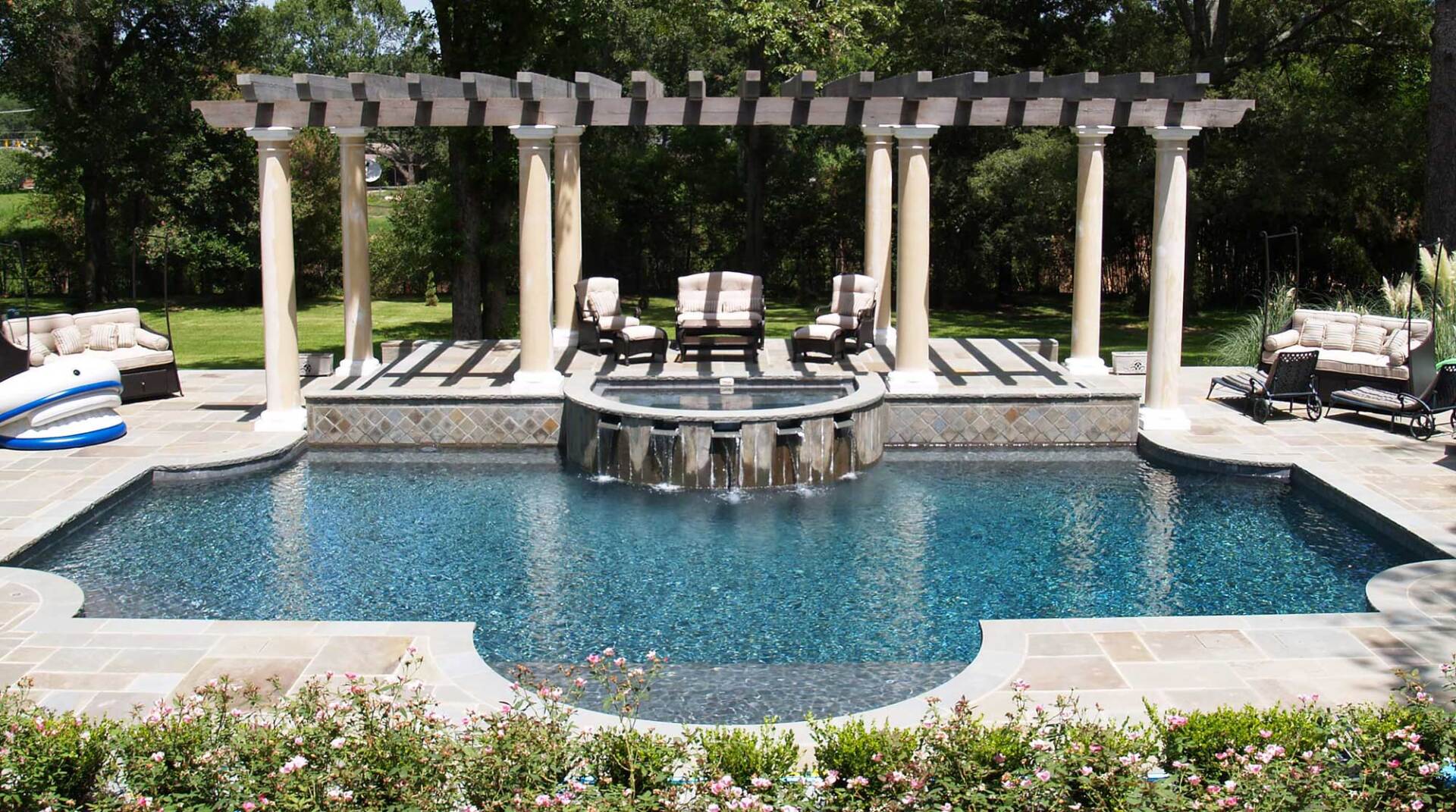The Wrong pH Level Can Damage Pool Plaster
The Wrong pH Can Damage Your Pool Plaster

If your water has a pH that is below 7.0, then your pool water is acidic. Acidic water is corrosive. For swimmers, this means that the water will sting their eyes, nasal passages and will dry out skin and hair, and causing itching.
The low pH level (acidic water) will also cause etching in your pool plaster, grout, stone and tiling. It will also corrode any metal surfaces, including ladders, light fixtures, handrails, and any metal in your pool pumps, filters or heaters.
You will notice a marbling effect in your pool plaster and make it look like your pool plaster needs to be redone within a few years and plaster should last between 10-15 years with proper maintenance. If your pool water pH level is consistently low and causes this marbling, your pool plaster will not last the standard ten years and, in fact, could result in the need to replaster in HALF that time.
In addition, low pH water in your pool will greatly decrease the amount of working chlorine, which can lead to bacteria and algae build up.
A pH above 7.6 indicates that you water is more alkaline. High pH levels will also cause chemical reactions that can lead to murky water, scale formation, and corrosion in your pool water, equipment, and surface. When your pH is high, it also affects the chlorine’s ability to kill off harmful bacteria and you will not be able to swim in your pool.






